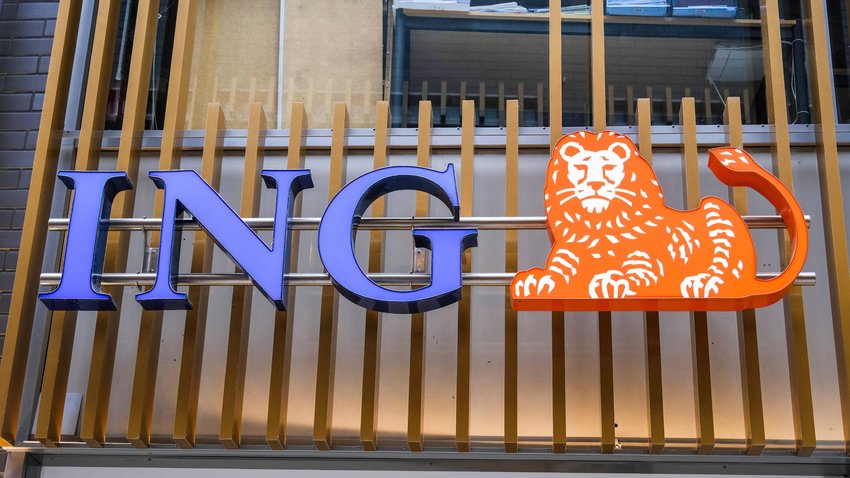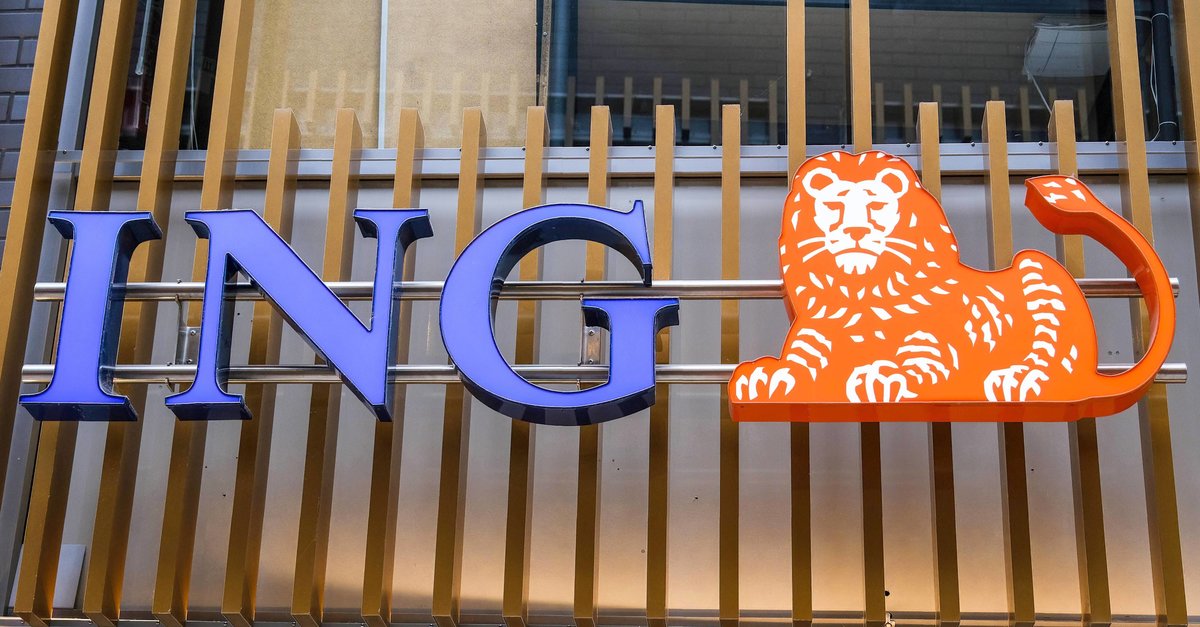Beware of these fake emails

The consumer advice center warns of new phishing attempts aimed at customers of Deutsche Kreditbank (DKB) and ING. Allegedly, customers should update their data in order to continue to have access to their account. The fake emails appear genuine and professional.

DKB and ING: Beware of phishing attacks
In the last few days, the consumer advice center has received an increasing number of complaints about emails that allegedly come from Deutsche Kreditbank or ING. Both cases are phishing attempts. Attackers want to steal login datato gain access to accounts. The e-mails appear professional, and the spelling and grammatical errors that are otherwise common are not to be found.
The e-mail allegedly from the DKB has the subject “Your profile needs to be updated”. It states that if customers do not update their personal information, the account will be blocked after 48 hours. The link in the email leads to a fake websiteon which customers should log in with their DKB login (source: Consumer Center).
In the case of the ING accounts phishing attempt the consumer center noticed a peculiarity. Customers are actually named here, which makes the email appear more authentic. In contrast to the attacks on DKB customers, it is also stated here that access to one’s own account has already been restricted for “security reasons”. Customers are pressured to act quickly. If they don’t, they’re said to be unable to make transfers or withdraw money.
In the video: How phishing attacks work.
Suspicious e-mails: never disclose data
For e-mails in the mailbox that look suspicious, never called up links or entered personal data on websites become. Instead, the messages should be deleted or additionally marked as spam. The consumer advice center also recommends this procedure.


